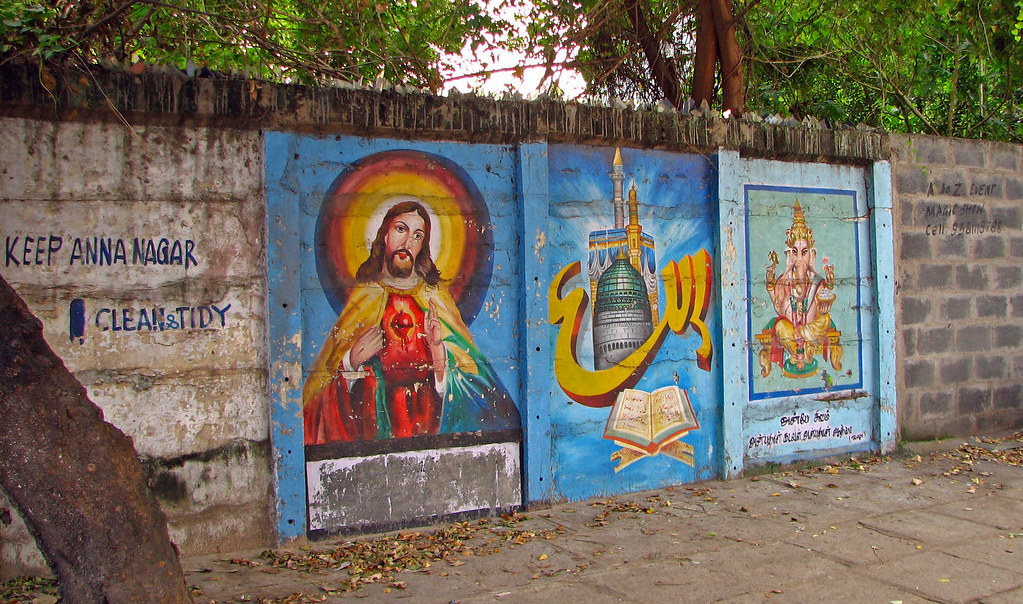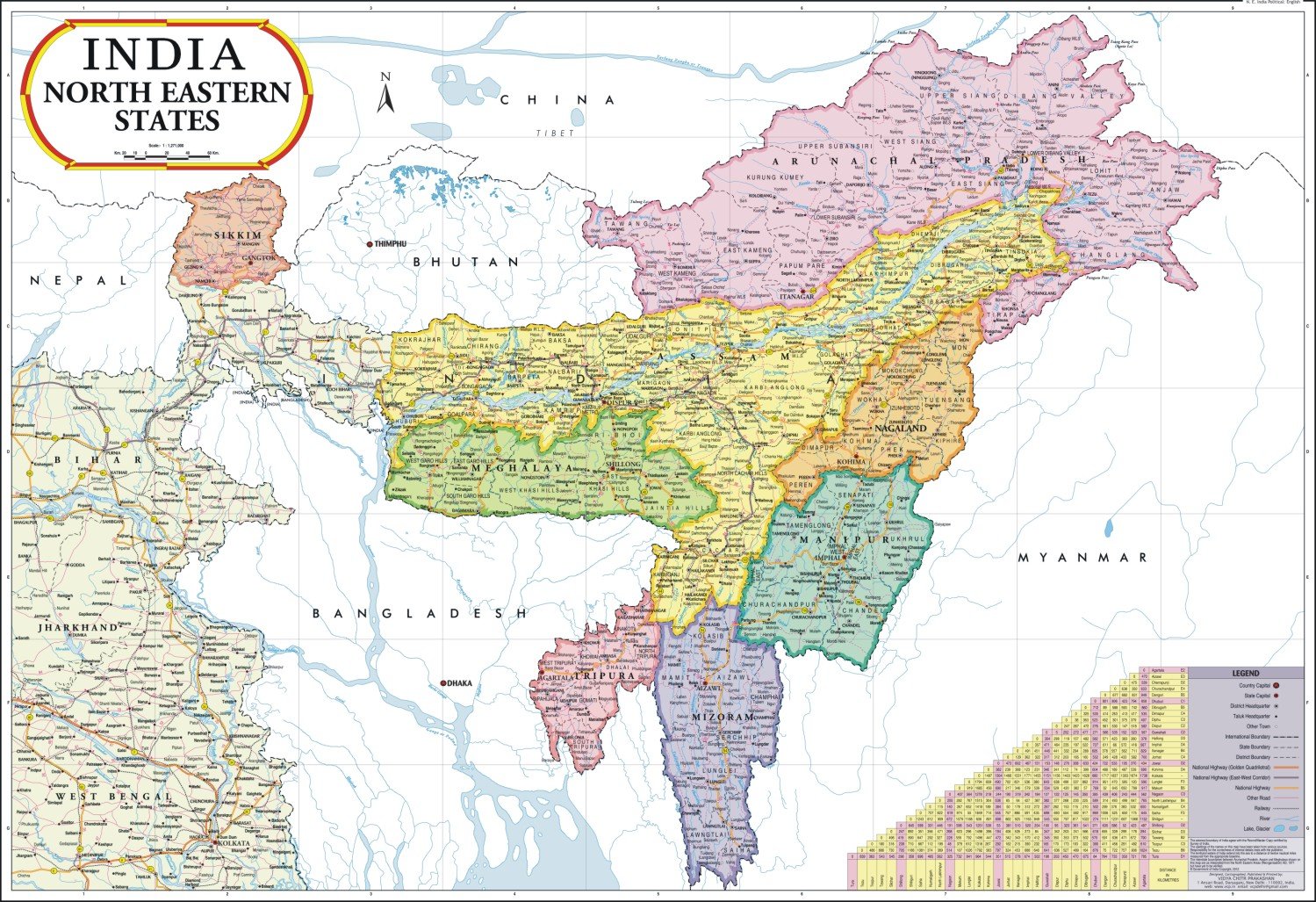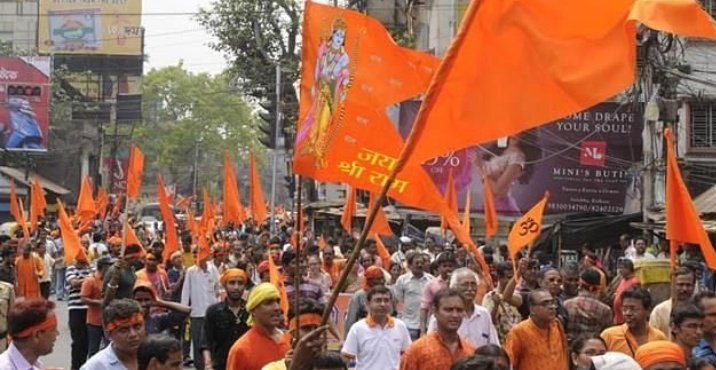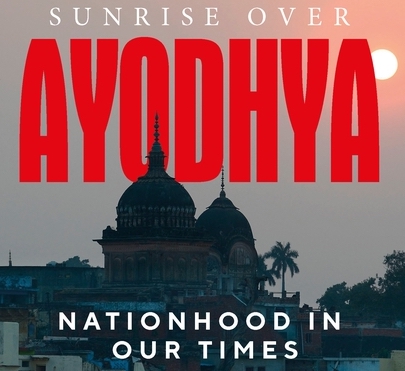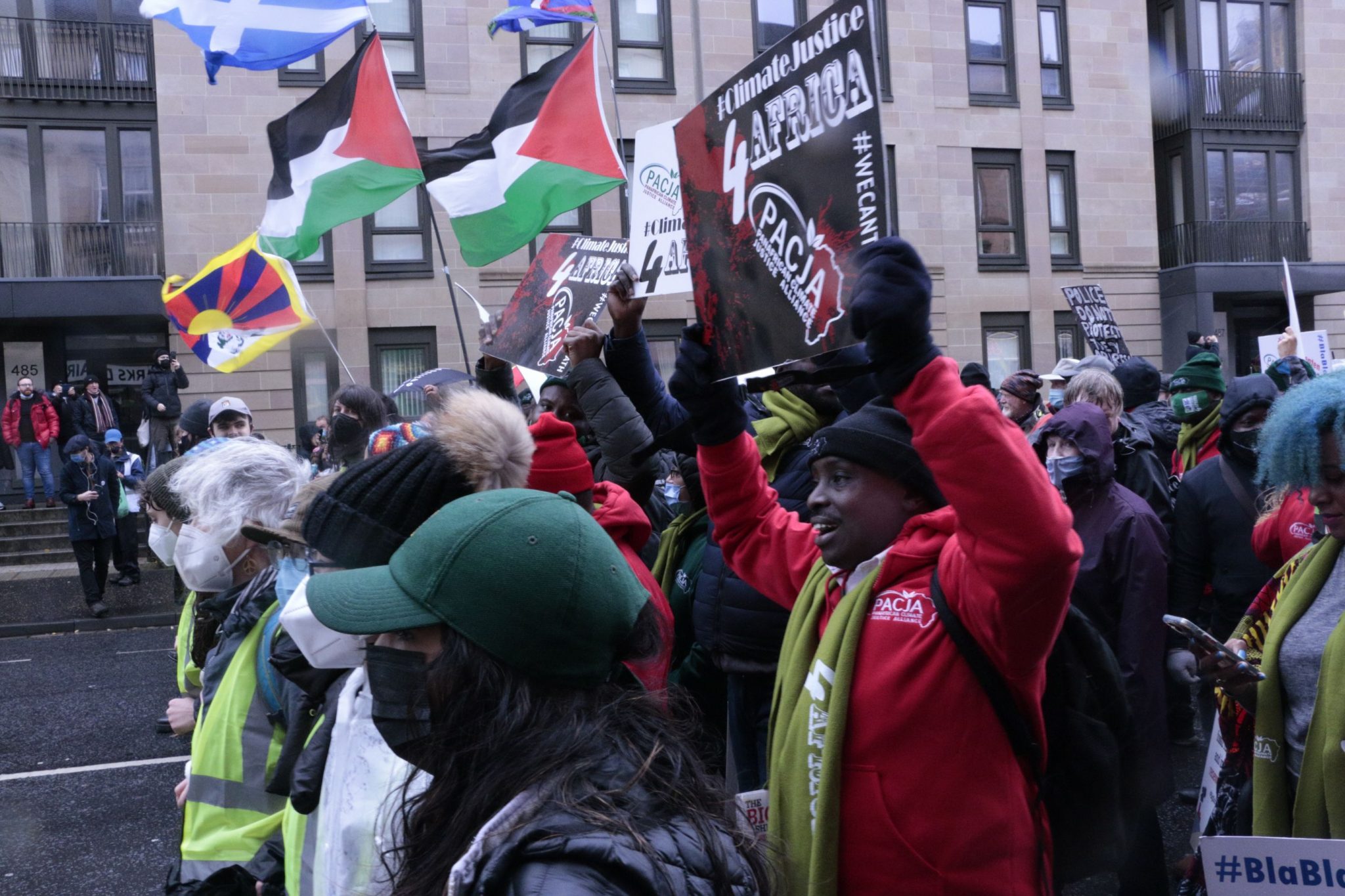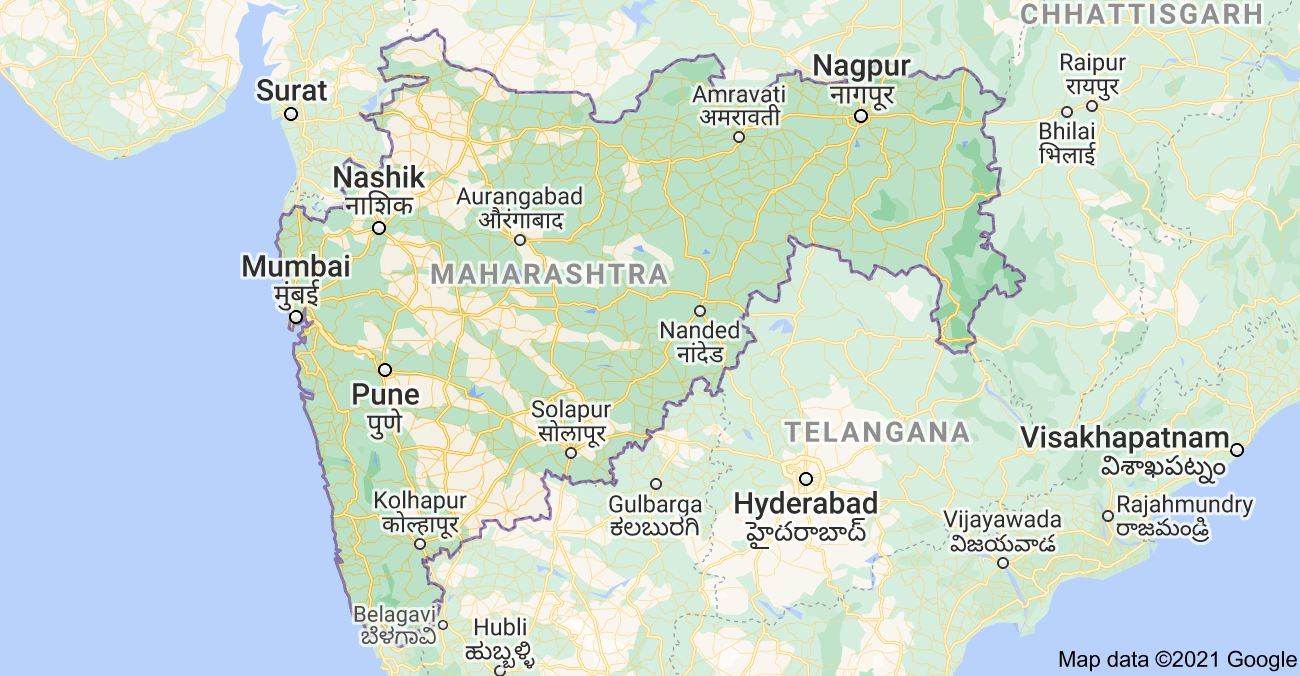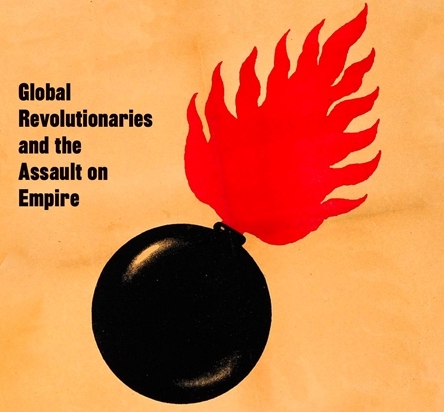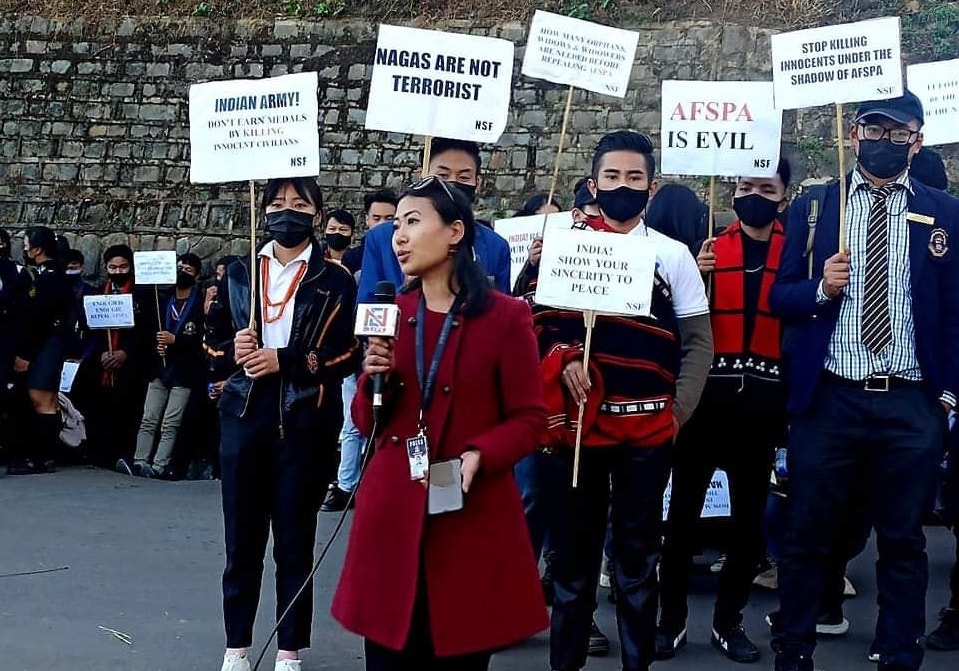
Nagaland: cross-country march against ‘special powers’
Hundreds in India’s conflicted eastern state of Nagaland held a two-day cross-country march to protest the Armed Forces Special Powers Act (AFSPA), which gives the military broad power to use deadly force in areas where it is declared to be in effect. The march swelled to a thousand by the time it reached state capital Kohima. The action was called in response to last month’s massacre of 14 residents in the village of Oting, where army troops fired on what proved to be truck filled with mine workers—not guerillas, as had apparently been suspected. The march was organized by the Naga Mothers’ Association, whose spokesperson Rosemary Dzüvichü accused the Indian government of viewing Nagas as “the other.” She lamented: “We still have this colonial attitude being shown to us.” (Photo: Nagaland Express)




